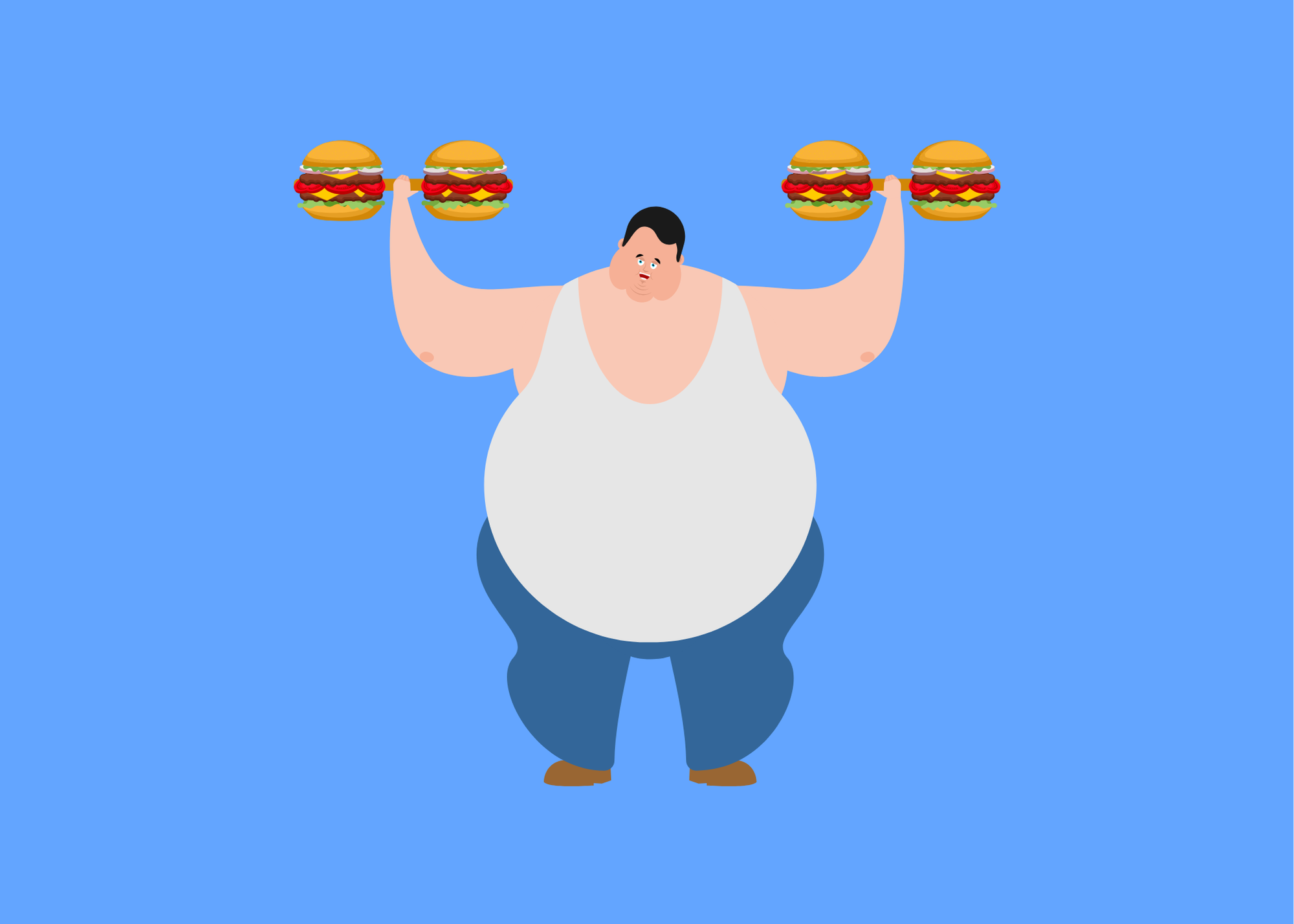Healing People-Pleasing Means Getting Better at Handling the Discomfort of Disappointing People
Your needs are just as important as everyone else’s.
People-pleasing isn’t some cute, selfless habit. It’s a survival mechanism you picked up because, at some point, keeping everyone else happy felt safer than putting yourself first. Maybe it was your childhood. Maybe it was a toxic workplace. Maybe it was years of being told that “good” people don’t rock the boat.
But while this wasn’t your fault, the responsibility of unlearning it? That’s on you. Because if you don’t, you’ll spend your life being everyone’s emotional support human—except no one’s handing you a juice box and a nap.
The real work isn’t about becoming “less nice.” It’s about getting comfortable with the one thing people-pleasers fear most: making people mildly uncomfortable by having actual boundaries.
Why People-Pleasing Is Secretly Running Your Life (and Running You Into the Ground)
At first glance, people-pleasers seem like the dream employee, friend, or partner. Always saying yes. Always smoothing things over. Always going the extra mile.
Except the “extra mile” is starting to look like a never-ending ultra-marathon, and you’re the only one running it.
Let’s call it what it is: People-pleasing is an exhausting, resentment-fueled coping strategy that leaves you overcommitted, undervalued, and perpetually drained. And if you keep prioritizing everyone else’s comfort over your own sanity, you’ll wake up one day and realize you have no idea what you actually want—just a long list of things other people have expected from you.
Why Disappointing People Feels Like a Crisis (Even When It’s Not)
Your brain is wired to freak out when you think you’re letting someone down. A 2022 study in Nature Communications found that social rejection activates the same neural pathways as physical pain. So, when you say no to that extra project, set a boundary with your boss, or decline an invite, your nervous system reacts like you just took a baseball bat to the shin.
Except—spoiler alert—disappointing people is not an emergency. Your brain is overreacting. No one is exiling you from the village. No one is chasing you with a torch and pitchfork. The worst that happens? Someone feels slightly annoyed for a few minutes. And they’ll live.
How to Build Your Tolerance for Disappointing People (Without Imploding)
You don’t have to go from “human doormat” to “zero-f***s-given” overnight. Here’s how to retrain your brain to handle the discomfort of letting people down—without losing your mind.
1. Start With Tiny Disappointments
Saying no outright might feel like skydiving without a parachute. So start small. Don’t reply to that email immediately. Decline an invitation you don’t want. Push back (gently) on a deadline.
When the guilt creeps in—and it will—sit with it. Let it be awkward. Remind yourself: “This is just my nervous system being dramatic. Nothing is actually wrong.”
2. Reframe Disappointment as Proof You’re Growing
If you never disappoint anyone, you’re probably people-pleasing your way through life. Disappointing others isn’t failure—it’s a sign you’re finally prioritizing your own needs.
Try this reframe: Every time someone is mildly put out by your boundary, it means you’re breaking an old pattern that kept you stuck. Progress!
3. Audit Your Life Like a Ruthless CEO
Your time and energy are your most valuable assets. So ask yourself: “Would I approve this commitment if I were the CFO of Me, Inc.?”
If the answer is no? Cut it. Your personal and professional life should be an investment, not a charity.
4. Stop Outsourcing Your Self-Worth
People-pleasers run on external validation. The problem? That makes you easy to manipulate and permanently exhausted.
New rule: Your self-worth is not measured by how much people like you. It’s measured by how aligned you are with your own values.
5. Accept That People Will Survive Your Boundaries
Will some people be annoyed when you stop catering to their every need? Yes. Will they die from disappointment? No.
If someone can’t handle the fact that you have limits, that’s their issue, not yours. Your job isn’t to make sure no one ever experiences mild discomfort. Your job is to take care of yourself so you don’t end up burned out, resentful, and regretting your entire life.
Final Thoughts
Healing from people-pleasing isn’t about becoming a cold-hearted robot. It’s about recognizing that your needs are just as important as everyone else’s.
Yes, it’ll feel uncomfortable at first. But discomfort isn’t danger—it’s proof that you’re doing the hard work of unlearning old patterns. And if you can survive brutal deadlines, high-stakes meetings, and back-to-back Zoom calls, you can handle a little guilt.
You’ve spent enough time managing everyone else’s expectations. Time to start managing your own.
Your move.
Article References
The sources cited in the article:
PsychCentral. "Psychology of People Pleasers." PsychCentral - Psychology of People Pleasers
The NYTimes (NYT). “How to Set Boundaries When It Doesn’t Come Naturally.” NYT - How to Set Boundaries
PsychologyToday (PT). "Breaking Bad: People Pleasing." PT - People Pleasing
Wondermind. "Why You’re a People Pleaser and What to Do About It” Wondermind - People Pleasing and What to Do About It
PsychologyToday (PT). “People Pleasing Is a Symptom of Childhood Trauma” PT - People Pleasing Symptom of Trauma
Verywell Mind (VM). “Fawning: The People-Pleasing Trauma Response.” VM - Fawning: The People Pleasing Trauma Response






